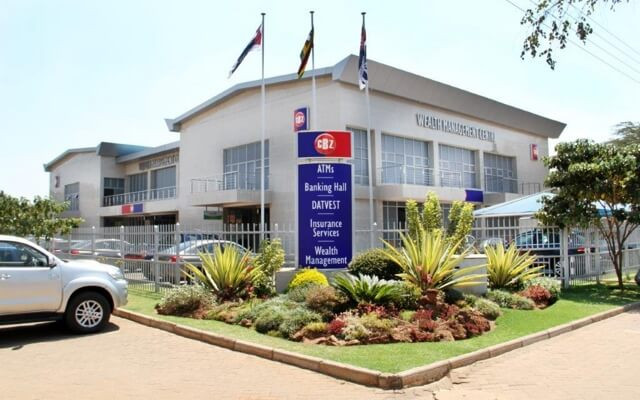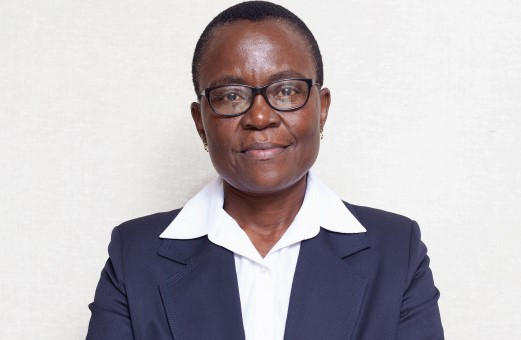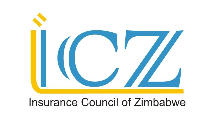
THE African Export-Import Bank (Afreximbank) has signed a US$80 million facility with CBZ Bank to support trade and capex financing for Zimbabwe’s corporates and small-to-medium enterprises (SMEs) in the productive sector.
The agreement was signed on Wednesday, at the 31st Afreximbank Annual Meetings 2024, which began on Wednesday and end tomorrow.
The facility has a three-year tenure and an option to roll over for two more years.
Heads of State, ministers, government officials and renowned captains of industry were among the over 2 000 delegates that attended day one of the event.
In a statement following the deal, CBZ Bank said the facility demonstrated commitment to supporting African economies when such assistance is required.
The bank said US$60 million of the facility was for prime exporters and SMEs involved in the export value chains across key sectors which require financing in asset or machinery acquisition.
The facility will also support exporters and SMEs with working capital to facilitate inventory, supply chain, pre-export and post-export business activities in Zimbabwe.
“A US$20 million Afreximbank Trade Facilitation Programme Facility (AFTRAF), non-funded line of credit, to facilitate the issuance of guarantees and letters of credit (LC),” CBZ Bank said.
- Bigger CBZ hits market
- POSB scoops Financial Inclusion award
- Tough rules for capital markets key in containing inflation, says Seczim
- Early Christmas as CBZ launches USD holiday packages loan
Keep Reading
“This line complements the funded line above, but targets and supports mainly the importers supporting both SMEs and large corporates in various sectors of the economy to facilitate trade using non-funded options such as guarantees and LCs.”
CBZ Bank added: “AFTRAF is set to capacitate trade facilitation in line with the expectations of the African Continental Free Trade Area (AfCFTA) to regionally integrate Africa.”
It will focus on SMEs for financial inclusion and promoting local community development and economic transformation, which is expected to be through the opening of new markets for SMEs.
The AFTRAF also seeks to capacitate SMEs to become competitive locally and regionally, create employment and build a resilient value chain in the face of global supply chain disruptions.
It is also expected to support export-generating industries to reduce the import bill by supporting key economic drivers such as mining, agriculture, manufacturing and SME capacity building.
In a trading update last month, CBZ Bank parent company CBZ Holdings said the group would continue to reconfigure and position its business model towards unlocking long-term value for its stakeholders.
Afreximbank’s group chief economist and research and international co-operation managing director Yemi Kale said ongoing global challenges undermined the performance of Africa’s trade, which contracted by 6,3% in 2023.
This was after expanding by 15,9% in 2022, while intra-Africa trade expanded by 3,2% over the same period.
“This performance is reflective of the resilience of the African economy and the potential impact of the African Continental Free Trade Area’s single market for the continent as a tool to protect it from global shocks,” Kale said at the Afreximbank annual meetings.
“Our analysis in the report also revealed large untapped potential in intra-Africa trade, especially with respect to machinery, electricity, motor vehicles and food products.”
Kale was referring to the African Trade and Economic Outlook Report 2024, jointly released with the African Trade Report 2024 at the Afreximbank annual meetings.
“The report also revealed that African economies face several downside risks, including increasing levels of sovereign debt and associated sustainability risks, excessive exposure to adverse terms-of-trade shocks, escalating geopolitical tensions in some cases, volatile domestic political environments in certain African countries, high commodity prices and inflationary pressures, and potential food insecurity,” Afreximbank said in a statement.











